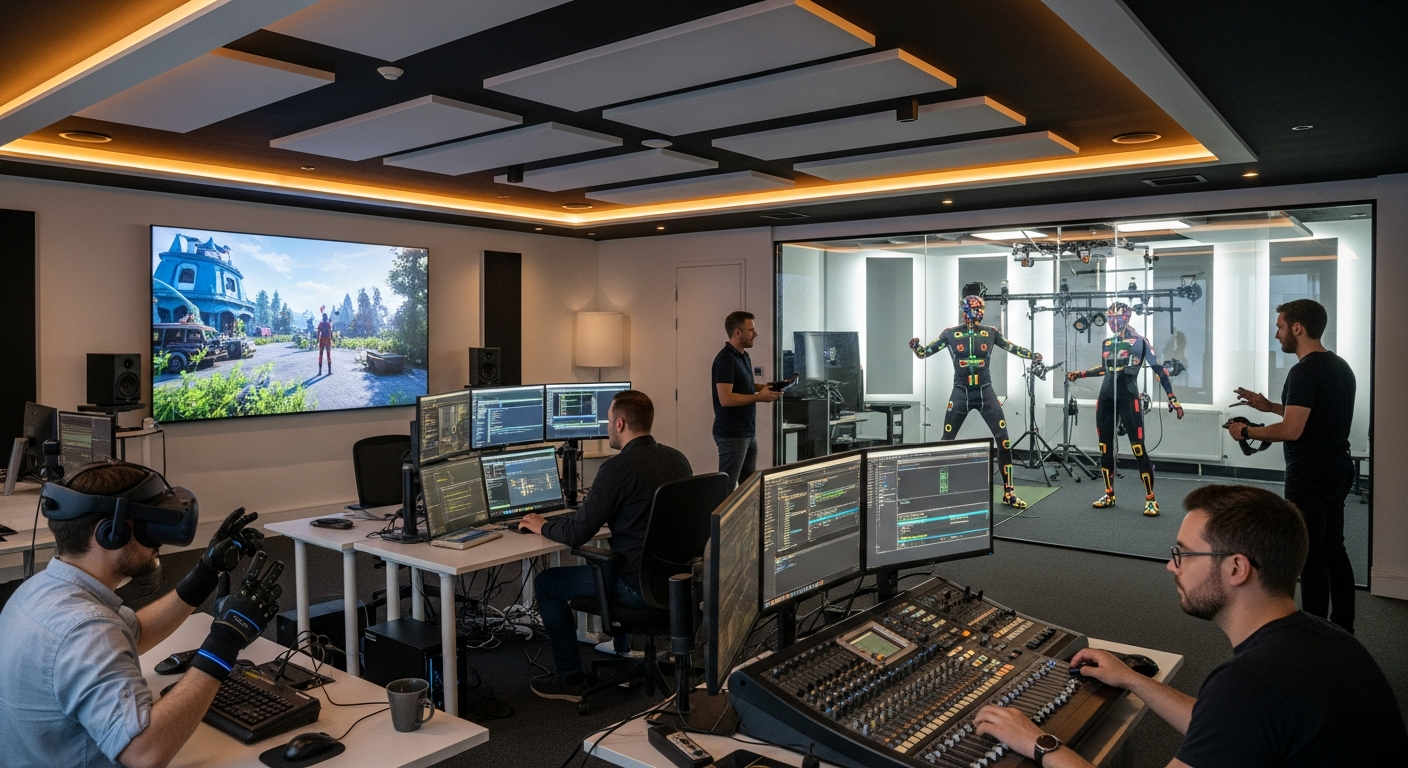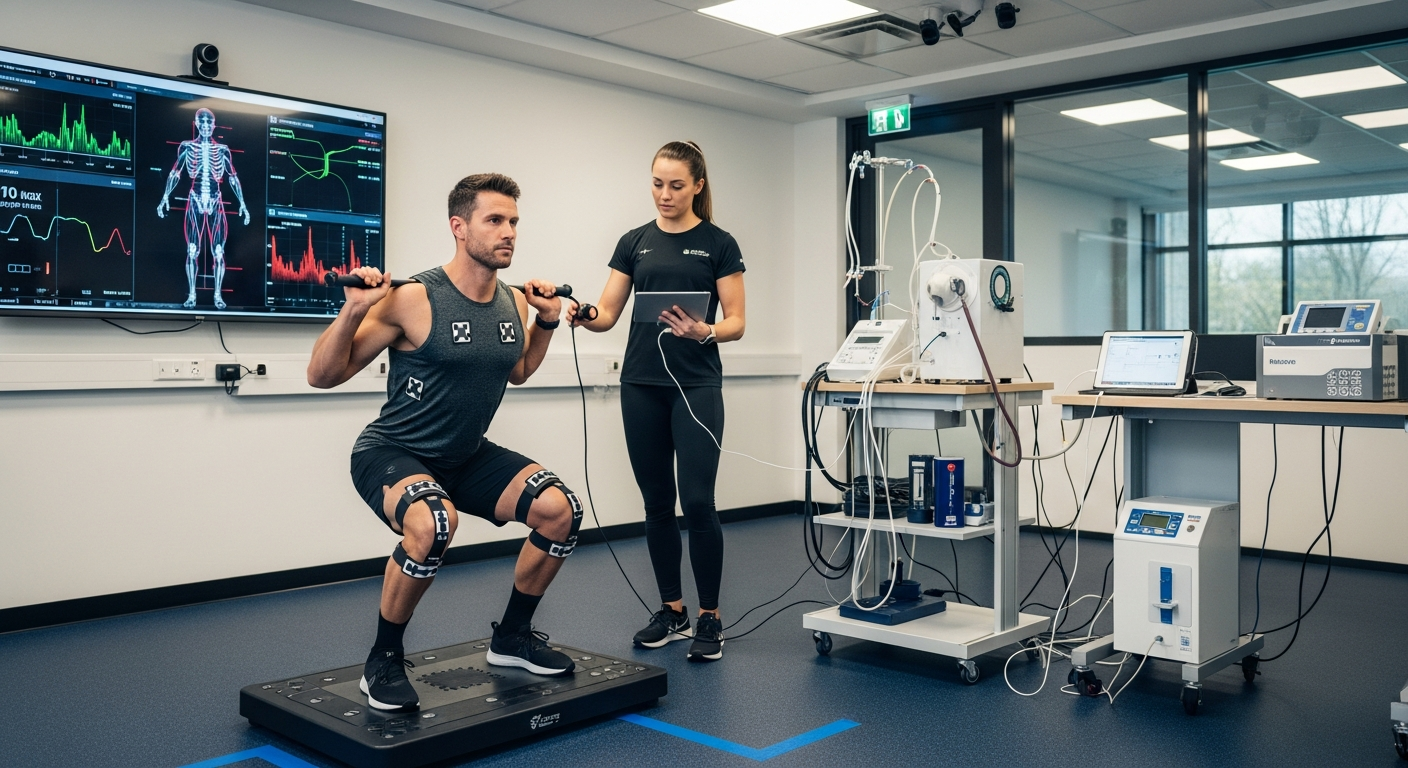The Microbiome-Circadian Connection: Transforming Health
Imagine waking up to a world where your body's internal clock and the trillions of microbes within you work in perfect harmony. This isn't science fiction – it's an emerging frontier in health science. How does the intricate dance between our circadian rhythms and gut microbiome shape our well-being? Let's embark on a journey to uncover this fascinating interplay and its potential to revolutionize our approach to health.

The Rhythmic Life of Gut Bacteria
Contrary to popular belief, our gut bacteria aren’t just passive inhabitants. They exhibit their own daily rhythms, fluctuating in composition and activity throughout the day. These microbial oscillations are intricately linked to our circadian rhythms, creating a feedback loop that influences our overall health. For instance, certain beneficial bacteria thrive during our active hours, helping to metabolize food and produce essential nutrients. Conversely, other strains become more prominent during rest periods, aiding in repair and maintenance processes.
Circadian Disruption and Microbial Imbalance
In our modern, 24/7 society, circadian disruption has become increasingly common. Shift work, jet lag, and irregular sleep patterns can wreak havoc on our internal clocks. But the consequences extend beyond feeling groggy or out of sync. Emerging research suggests that these disruptions can also significantly alter our gut microbiome composition. This microbial imbalance, known as dysbiosis, has been linked to a range of health issues, including metabolic disorders, inflammatory conditions, and even mental health challenges.
Harnessing the Microbiome-Circadian Synergy
Understanding the interplay between circadian rhythms and the gut microbiome opens up exciting possibilities for enhancing health. By aligning our daily habits with our natural biological rhythms, we can create an environment that supports a thriving, diverse microbiome. This, in turn, can help reinforce our circadian cycles, creating a positive feedback loop that promotes overall well-being.
Chronobiotic Nutrition: Eating in Sync with Your Body Clock
One of the most promising applications of this research is in the field of nutrition. Chronobiotic nutrition takes into account not just what we eat, but when we eat it. By timing our meals to align with our circadian rhythms and the daily fluctuations of our gut microbiome, we can optimize nutrient absorption, improve metabolic health, and even enhance the diversity of our gut bacteria. For example, consuming fiber-rich foods earlier in the day may support the growth of beneficial bacteria that are more active during our waking hours.
The Future of Microbiome-Circadian Medicine
As our understanding of the microbiome-circadian connection deepens, it’s paving the way for innovative therapeutic approaches. Researchers are exploring the potential of timed probiotic treatments, where specific bacterial strains are administered at optimal times of day to maximize their benefits. Similarly, there’s growing interest in developing “circadian-aware” medications that take into account the daily rhythms of both our bodies and our gut microbes to enhance efficacy and reduce side effects.
Synchronizing Your Inner Clocks: Practical Tips
-
Establish a consistent sleep schedule, even on weekends, to reinforce your circadian rhythms
-
Expose yourself to natural light early in the day to help regulate your internal clock
-
Consider time-restricted eating, aligning your meals with your body’s natural metabolic rhythms
-
Incorporate fermented foods into your diet to support a diverse gut microbiome
-
Limit blue light exposure in the evening to protect your circadian cycles
-
Engage in regular physical activity, preferably during daylight hours
-
Experiment with chronobiotic nutrition by consuming different types of foods at specific times of day
The microbiome-circadian connection represents a paradigm shift in our understanding of health and wellness. By recognizing the intricate relationship between our internal clocks and the microbial communities within us, we unlock new possibilities for optimizing our well-being. As research in this field continues to evolve, it promises to transform our approach to nutrition, medicine, and overall health management. Embracing this holistic perspective could be the key to unlocking a new era of personalized, time-tuned healthcare that works in harmony with our body’s natural rhythms.






